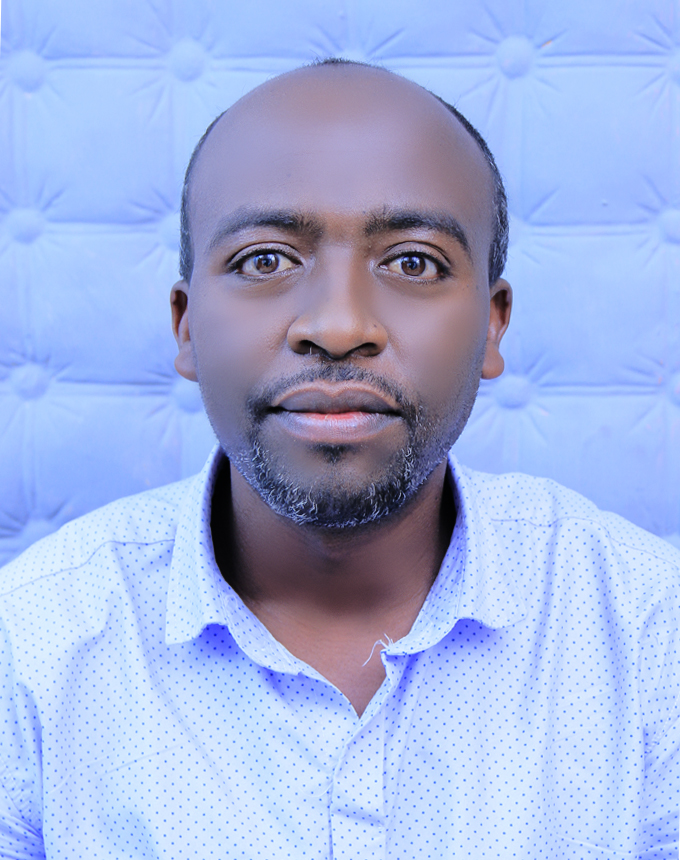 Tefera Abera
Tefera Abera
Simulation and experimental investigation on active solar coffee dryer
1.1K Views Research reports
Abstract __ Considering the size and relevance of coffee industry to the Ethiopian economy this work presents the design, prototype development, analytical and numerical simulation as well as experimental investigation on an active solar coffee dryer. The solar collector and dryer system configuration has been optimized for minimal pressure drop by incorporating guide vanes and minimizing flow separation tendency using numerical simulation on ANSYS. The effect of air mass flow rate on optimal depth of collector, temperature rise and pressure drop were characterized including the effect of variation in solar insolation using CFD approach. By comparing different dryer configurations based on pressure drop and air flow uniformity, a new dryer configuration prototype was developed. In addition, thermal performance of the solar air heater was evaluated experimentally at three different airflow rates on a collector with corrugated absorber plate and another collector with flat absorber plate. High collector outlet temperature and efficiency were observed in a collector with corrugated absorber plate. The effect of depth of grain, moisture content on wet basis, airflow rate and humidity of air were explored for parametric sensitivity vis-à-vis drying time. Within 5 hours, coffee bean dried from 29% moisture content to 12.3% on a clear sunny day and within 7hours from 19% moisture content to 11.1% on a partially overcast day. Average thermal efficiency of the dryer was found to be 50.5% for clear sunshine day and 36.9% for partial overcast day. A good agreement has been observed between the experimental results and the CFD temperature rise predicted output with a deviation of 7.5%. Analytically predicted drying time compared with experimentally measured drying time within a 12.9% deviation. The cost -to-benefit analysis with a comparative assessment on traditional mode of coffee drying has been done and the payback period is found to be 1.03 years with significant benefits.
Article Subject Details
Article File
Full Text PDFMore Engineering management Articles
The importance and relevance of an innovative approach to management decision-making processes
Views: 2.5K
Geotextile can be worth their cost in pavement
Views: 1.9K
Blue brain technology
Views: 1.8K